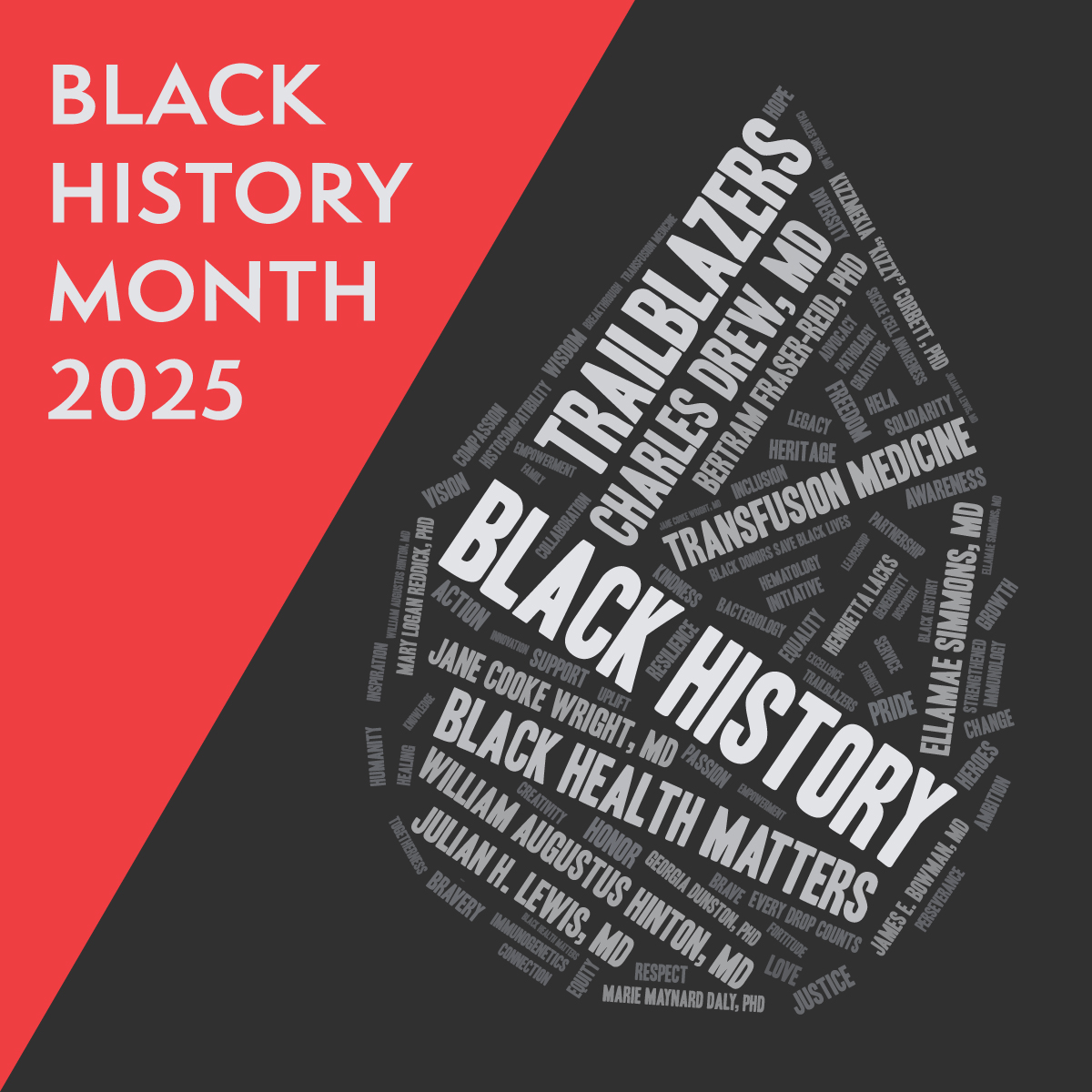
Celebrating Black History: Pioneers in Transfusion, Transplantation and Biosciences
Black History Month is a time to reflect on the extraordinary contributions of Black scientists and medical professionals whose innovations have shaped modern medicine. From groundbreaking discoveries in transfusion medicine to pioneering research in immunology and pathology, these individuals represent a small fraction of the contributions of Black scientists and innovators who have left an indelible mark on the medical field, often overcoming systemic barriers in the process.
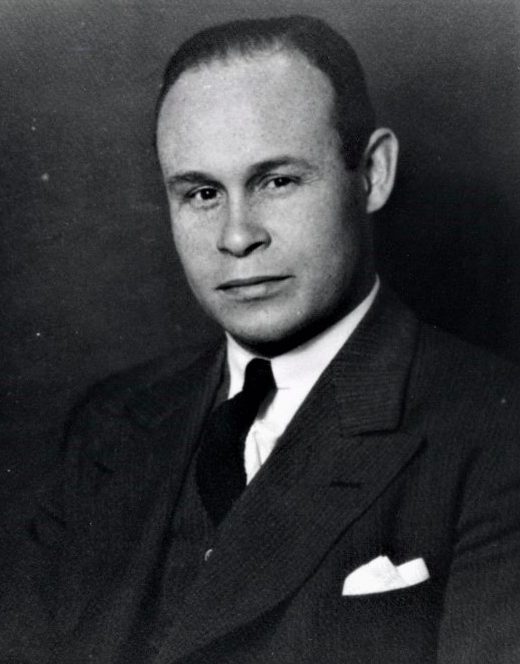
Dr. Charles Drew: The Father of Blood Banking
Born in 1904, Dr. Charles Richard Drew’s journey from an ambitious young athlete to a leading figure in transfusion medicine was nothing short of remarkable. After facing racial barriers in pursuing medical education in the U.S., Drew enrolled at McGill University in Montreal, where he earned both an MD and a Master of Surgery degree. His pioneering research during World War II led to the development of large-scale blood banks, significantly enhancing medical care for soldiers and civilians alike. Drew’s innovations laid the foundation for the American Red Cross’ blood banking system, and his introduction of mobile blood collection units—now known as bloodmobiles—revolutionized the field. Despite his monumental contributions, Drew resigned from his position with the American Red Cross in protest of their policy to segregate blood donations by race, a practice he vehemently opposed. His legacy continues to influence transfusion medicine and blood donation programs worldwide.
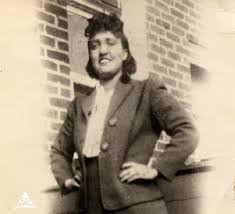
Henrietta Lacks: The Woman Behind HeLa Cells
Henrietta Lacks (1920–1951) was an African American woman whose cancer cells were taken without her knowledge during treatment at Johns Hopkins Hospital in 1951. These cells, known as HeLa cells, became the first immortal human cell line and have been instrumental in numerous scientific breakthroughs, including the development of the polio vaccine, cancer research, and advancements in gene mapping. Lacks’s story has prompted important discussions about ethics in medical research and the necessity of informed consent. Her cells continue to impact immunology, infectious diseases, and cancer research today.
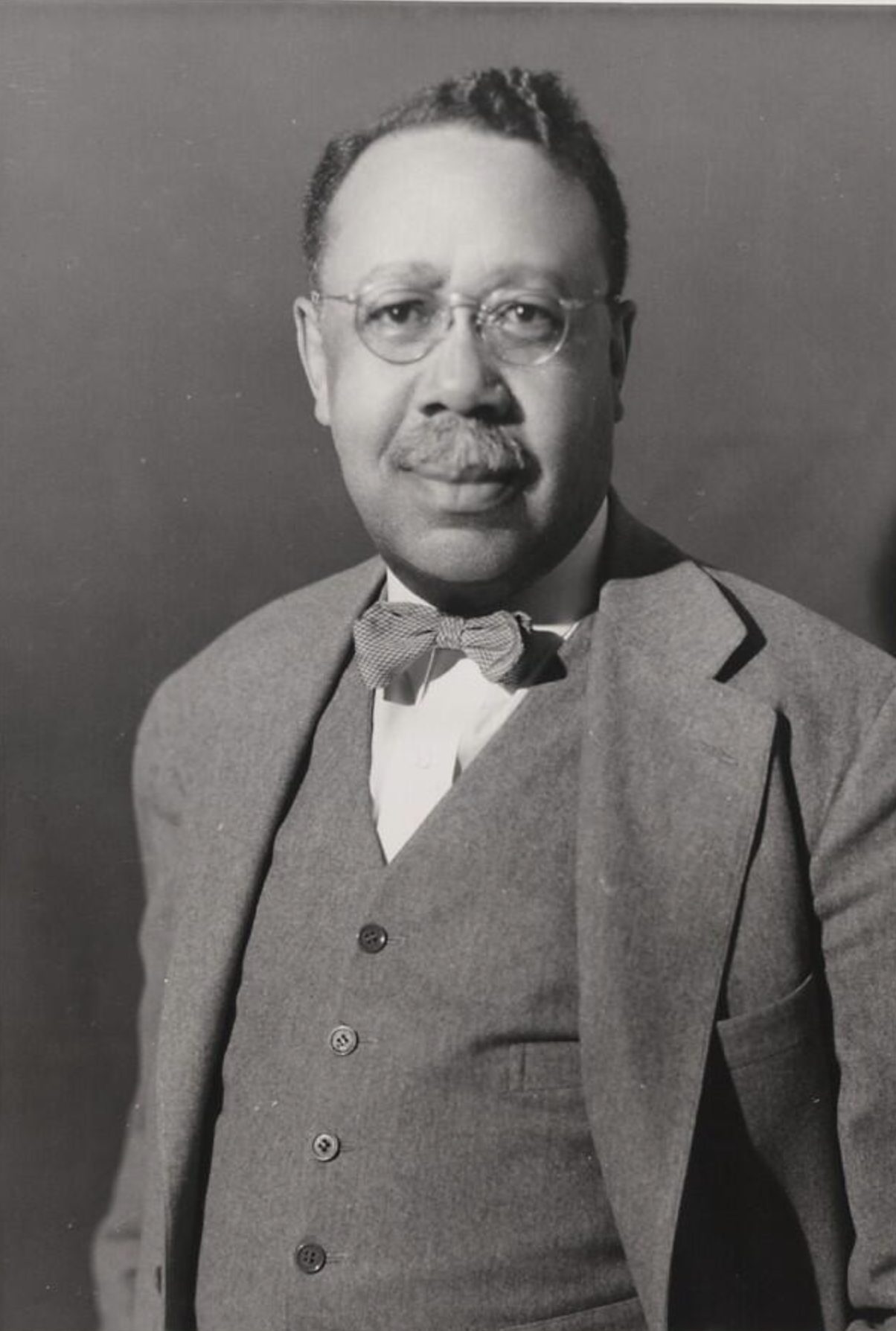
Dr. William Augustus Hinton: Revolutionizing Diagnostic Testing
Dr. William Augustus Hinton (1883–1959) was a trailblazing bacteriologist and the first Black professor at Harvard Medical School. Born to formerly enslaved parents in Chicago, Hinton earned his Bachelor of Science in 1905 and his MD in 1912 from Harvard. He developed the Hinton test for syphilis, a more accurate diagnostic tool than previous methods, which was endorsed by the U.S. Public Health Service in 1934. In addition to his medical breakthroughs, Hinton was the first African American to publish a medical textbook, “Syphilis and Its Treatment,” in 1936. His contributions significantly advanced medical diagnostics and paved the way for future generations of Black medical professionals.
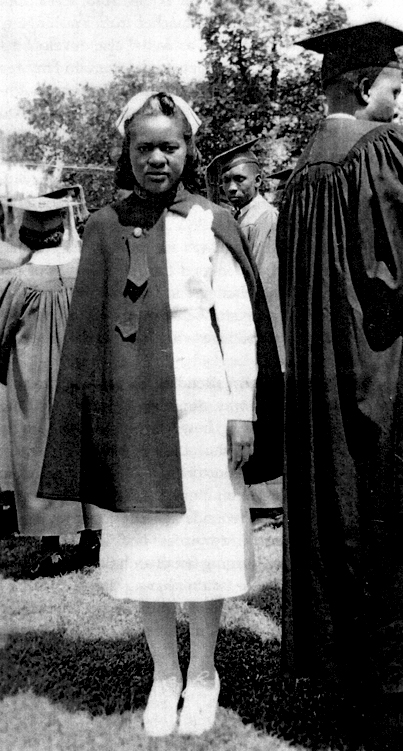
Dr. Ellamae Simmons: Breaking Barriers in Medicine and Military Service
Dr. Ellamae Simmons (1918–2019) was a pioneering physician who achieved several firsts in her career. She was among the first African American nurses to integrate the U.S. Army Nurse Corps during World War II. After earning her MD from Howard University in 1959, Simmons became the first African American woman to specialize in asthma, allergy, and immunology in the United States. She worked at Kaiser Permanente for 25 years, where she played a central role in promoting diversity and inclusion within the organization. She also co-founded the Kaiser African American Professional Association to foster inclusivity in the medical field.
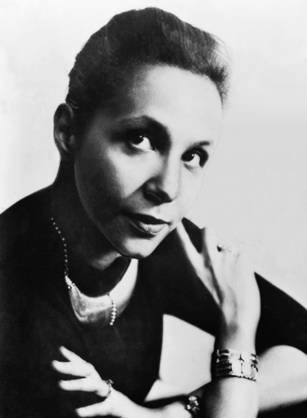
Dr. Jane Cooke Wright: A Trailblazer in Cancer Research
Dr. Jane Cooke Wright (1919–2013) was a pioneering oncologist who transformed cancer treatment through her innovative research. Graduating with honors from New York Medical College in 1945, Wright conducted extensive studies on anti-cancer agents and developed techniques for administering chemotherapy. She was among the first to use human tissue culture to test the effects of drugs on cancer cells, significantly influencing the development of chemotherapy protocols. She was a founding member of the American Society for Clinical Oncology and played a key role in advancing cancer research. In 1967, she became the highest-ranking African American woman in a U.S. medical institution, serving as an associate dean and professor at New York Medical College.
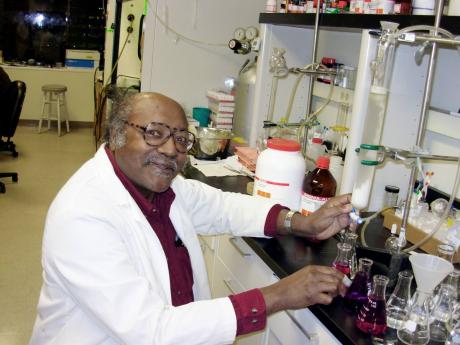
Dr. Bertram Fraser-Reid: Advancing Carbohydrate Chemistry
Dr. Bertram Oliver Fraser-Reid (1934–2020) was a Jamaican-born chemist renowned for his work in carbohydrate chemistry. After earning his PhD from the University of Alberta in 1964, he conducted significant research on the synthesis of complex carbohydrates and their role in biological processes. His work has had profound implications for understanding immune responses and developing carbohydrate-based vaccines for malaria and tuberculosis. His contributions continue to influence pharmaceutical advancements and vaccine development.
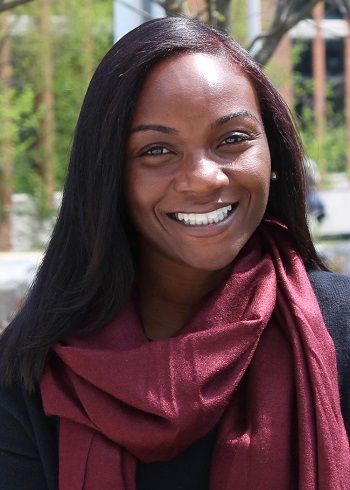
Dr. Kizzmekia Corbett: Leading COVID-19 Vaccine Development
Dr. Kizzmekia S. Corbett (b. 1986) is an American viral immunologist who played a pivotal role in developing the Moderna COVID-19 vaccine. As the scientific lead for the Coronavirus Vaccines and Immunopathogenesis Team at the National Institutes of Health, her expertise was crucial in the rapid development of the mRNA-based vaccine. Beyond her scientific contributions, Dr. Corbett has been an advocate for vaccine education and outreach, particularly in communities of color, ensuring greater public understanding of immunology and public health.
The contributions of these remarkable individuals have shaped the fields of transfusion and transplantation medicine, pathology, immunology, and scientific research in profound ways. Their dedication to breaking barriers and advancing medical knowledge continues to inspire future generations of scientists, healthcare professionals, and advocates for equity in medicine.
As Black History Month progresses and throughout the year, we will continue to add stories and features to this blog to highlight the work of historical and current-day trailblazers in blood science and HLA. If you have suggestions for additional inspirational figures, please reach out to support@stanfordbloodcenter.org. Thank you!
…………
